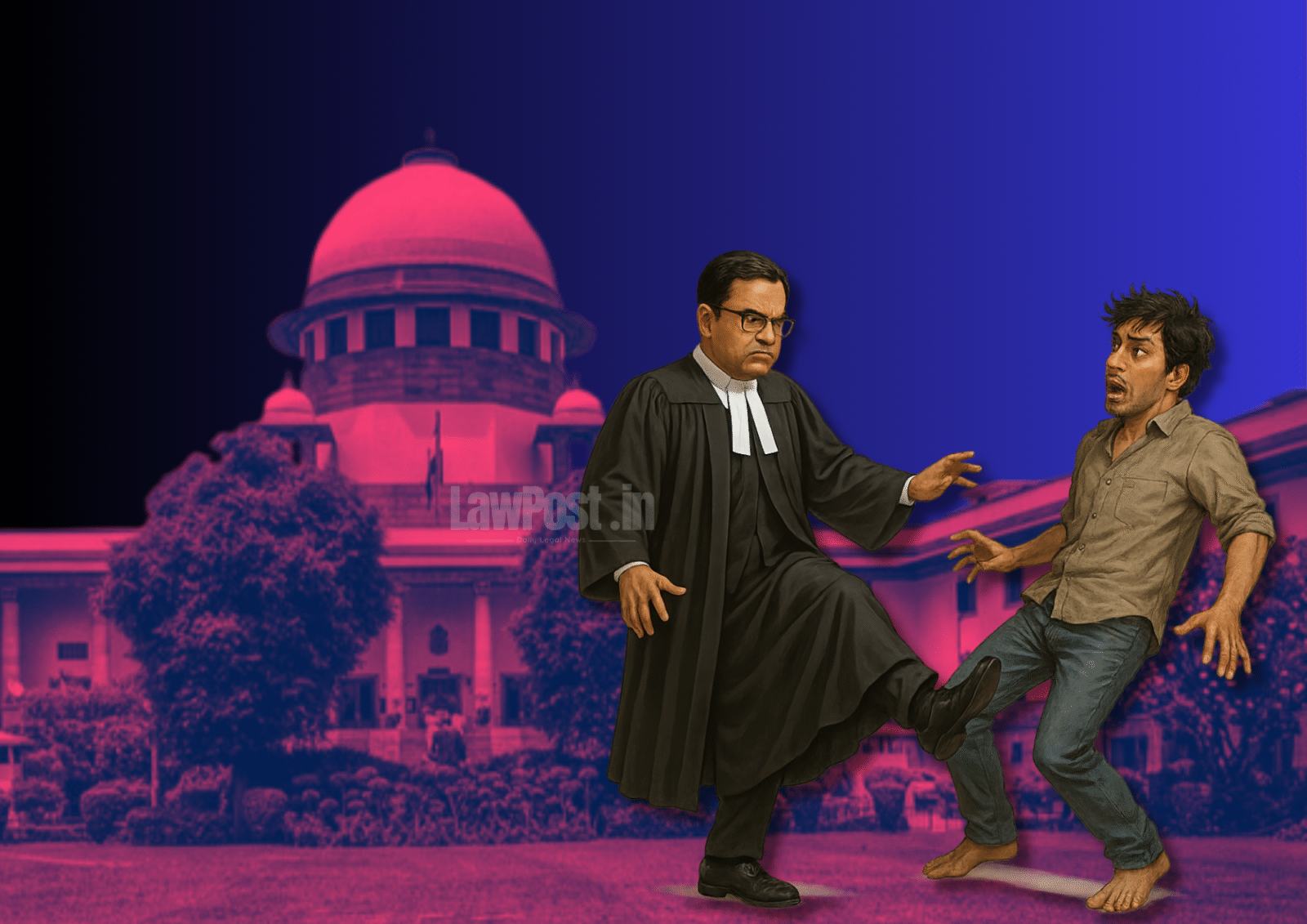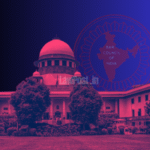The Supreme Court of India on Monday refused to grant relief to a Sri Lankan Tamil national facing deportation, asserting firmly that the country is “not a dharamshala” meant to host refugees from around the world.
A Bench comprising Justices Dipankar Datta and K Vinod Chandran dismissed a plea challenging a Madras High Court order that had directed the immediate deportation of Sri Lankan national Subaskaran after completing a reduced sentence of seven years under the Unlawful Activities (Prevention) Act, 1967 (UAPA).
“Is India to host refugees from all over the world? This is not a dharamshala that we can entertain foreign nationals from all over,” the Court remarked orally while rejecting the petition.
Subaskaran was arrested in 2015 for allegedly being part of a conspiracy to revive the proscribed militant group, the Liberation Tigers of Tamil Eelam (LTTE). In 2018, he was convicted under multiple laws, including the UAPA, Passport Act, Foreigners Act, Poisons Act, and the Indian Penal Code, and sentenced to ten years’ imprisonment by a trial court in Ramanathapuram.
Upon appeal, the Madurai Bench of the Madras High Court reduced the sentence to seven years in 2022, and ordered his deportation following his release. It was further directed that he could reside in a refugee camp until the deportation process was completed.
Subaskaran’s wife later submitted a representation to the Tamil Nadu government, seeking permission for her husband to continue living with the family in India, citing fears of persecution in Sri Lanka. After no response from the government, she approached the Madras High Court, which refused to stay the deportation—leading to the present petition before the Supreme Court.
Representing Subaskaran, Advocate R Sudhakaran argued that the deportation would expose his client to torture and sought permission for him to stay in India indefinitely, even if only within a refugee camp.
However, the Supreme Court was unmoved. It held that humanitarian concerns did not justify allowing a convicted foreign national to continue residing in the country.
“If his life is at risk in Sri Lanka, he should seek refugee status in another country,” the Court observed, denying further relief.








